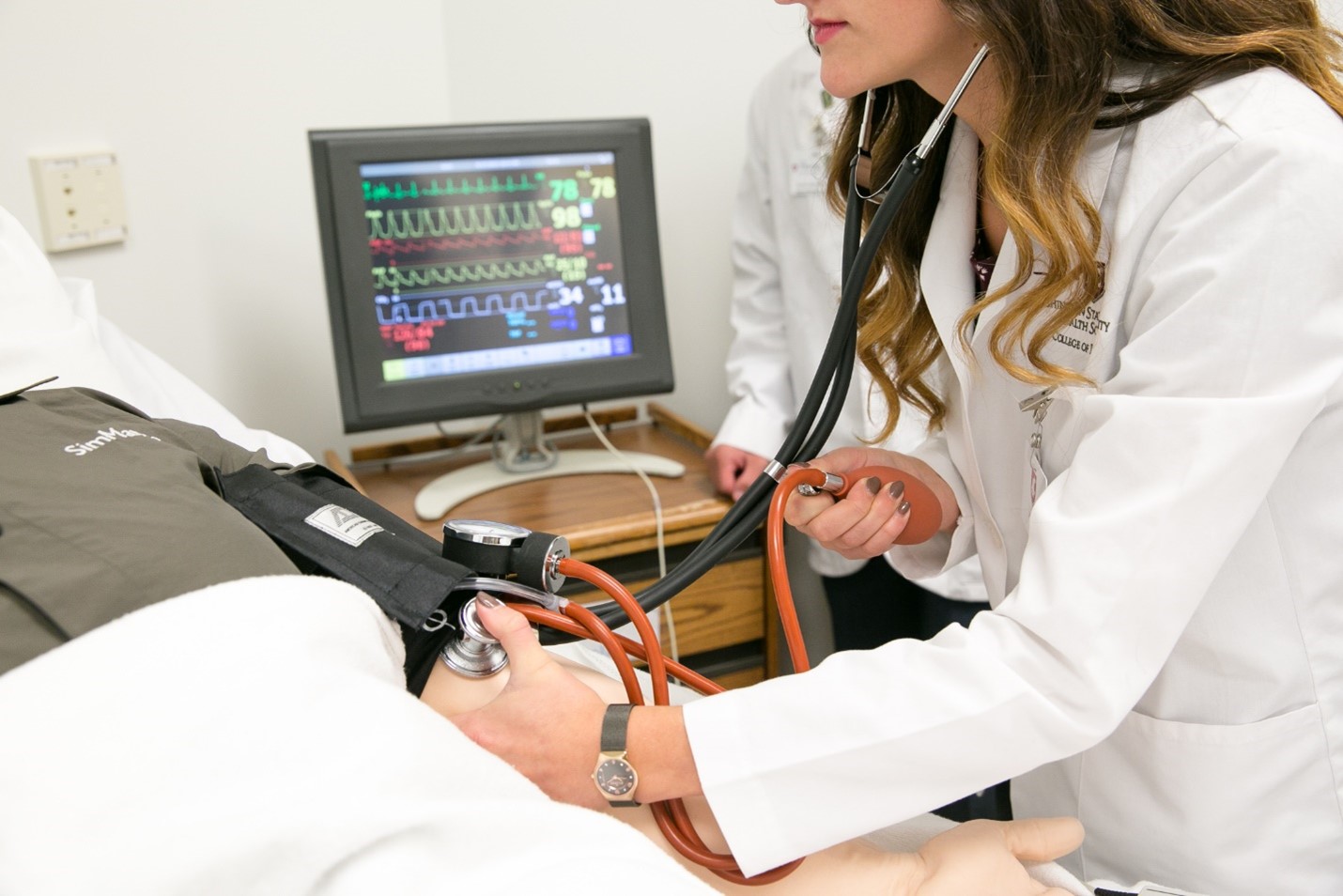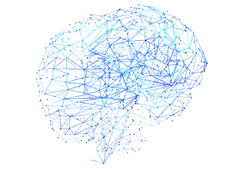Dear Friends and Family,
As we prepare for the 2024 legislative session, I have been busy working on numerous policies, meeting with community members, and looking for ways to fund community projects.
Last month, I shared my thoughts on two legislative priorities – environmental protection and support for our veterans. In this newsletter, I would like to discuss opportunities to improve health care and the challenges/benefits of Artificial Intelligence (AI).
Better Heath Care
Working families already struggle to pay for essentials like housing and food, and the current health care system is struggling to meet the needs of our state. Health care can be too expensive, slow, and complicated.
While there are many reasons for this, a large problem is the recruitment and retention of health care workers. Demand for health care workers continues to rise faster than supply due to an aging population and increase in behavioral health conditions.
Looking ahead, I remain committed to creating new and better career pathway programs to address this workforce shortage. This means programs that develop a new generation of health care workers through high school curriculum and credentialing.

Since the end of the 2023 legislative session, we’ve been designing a new high school program called Core Plus Allied Health Care. The Core Plus program uses hands-on curriculum for professional development and career learning. So far, high schools provide Core Plus Aerospace, Core Plus Construction, and Core Plus Maritime.
Core Plus Allied Health will focus on professions that are in high demand / low supply including long-term care, mental health, medical assistance, and sports medicine / physical therapy. This program will rely on education systems, public and private sector employers, and community-based organizations.
Recently, I visited the Seattle Children’s Hospital to discuss youth mental health and intensive care, as well as Oak Harbor’s “Your Story Doesn’t End Here” event about military mental health. This is a big undertaking, and your feedback is critical in ensuring our healthcare system serves all communities.
Challenges and Benefits of Artificial Intelligence

Artificial intelligence (AI) is the ability of computers and robots to think and act like humans and make predictions, recommendations, or decisions on their own. Current examples include Alexa / Hey, Google, voice-assisted smart phones, language translation, map assistance, and tools like ChatGPT.
As AI continues to make enormous developments, there will be wide-ranging implications for almost every industry in our state that we must prepare for. Ultimately, AI is the most powerful technology humans have ever had access to, and it will fundamentally change our world.
Last month, I spoke with a former executive at OpenAI about the enormous risk and benefit of AI from curing cancer and Alzheimer’s to creating autonomous weapons and super intelligent machines. What we’ve heard from private companies, is that it’s time to build a regulatory framework to ensure this technology helps, not harm, us.
In upcoming legislation, we will strive to define elements of an AI system that adheres to ethical principles such as privacy and data security, non-discrimination, inclusion and accessibility, and transparency and traceability. This is an important step as we build a technological future that’s safe, secure, and ethical for everyone.
As always, thank you for giving me the opportunity to continue my life-long dedication to public service. As a veteran having attended the U.S. Naval Academy, graduated from Naval Nuclear Power School, trained at a naval nuclear reactor plant, and served in the Middle East and Southeast Asia as a public affairs officer, I am honored to serve you here in the Washington State Legislature.
Always at Your Service,

State Representative Clyde Shavers
10th Legislative District
